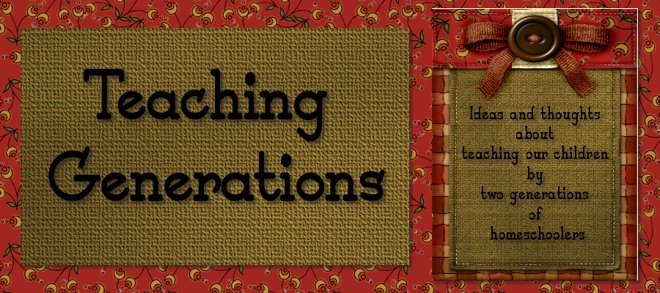
My daughter has been having a harder time with learning her sight words, especially for a word like the. She can't sound it out exactly and doesn't like going over her sight word cards. So, I decided to make a fun game out of it. I made a simple die to help her learn some sight words. It took me about 5-10 minutes to create this, print it out on some orange card stock paper, cut it out and glue it together! We use a simple program called Scrapbook Factory Deluxe to do all the worksheets and activities for learning to read. I thought I would share the die template with you, so hopefully it will only take you a few minutes to create a die if you want to use it :) You could always take the image and erase the words (by covering it with white square or something) and then type or write down your own words you want to work on with your child.

Click on the image above to be taken to a screen that you can print to full page size.
*Other games to play to review sight words-
-Slap the Word- Lay out the words in front of the child. Say a word and they have to slap the right word.
-Hide and Seek- One child hides the sight words in the room while the other child leaves the room. When the child looking for the sight words find them, she/he has to say what word they are.
-Jump Up- Lay out the words in front of the child. Say a word and they have to pick that word up and jump up and sit back down as fast as they can.










